Our specialists
written by
Did you know that?
At meamedica.com, honest and independent information has the highest priority. We do our utmost to provide that to our visitors and we are therefore looking for partnerships with driven people who have a lot to offer in terms of content and preferably also have a different view of the world.
This delivers valuable content, collaborations and modules that have something extra to offer.
We would like to introduce our specialists to you
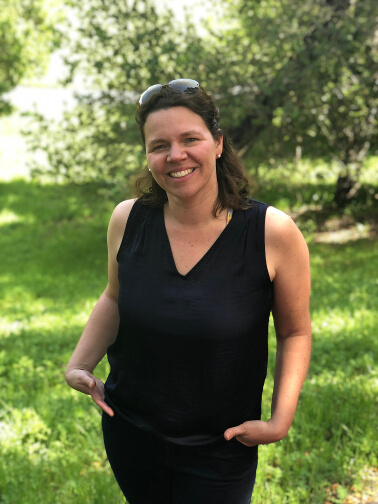
Mw. drs. Wendela Wessels
She started her studies in Pharmacy without great expectations, but within 3 months the organic approach
completely took hold of her. It turned out to be a fantastic study with a lot of depth. The graduation project,
however, deviated somewhat from the hard substantive view by focusing on the perception of antidepressant
users. The basis for mijnmedicijn.nl (which then led to meamedica.com) was then laid. After her first jobs, she noticed that the time of her
co-caregivers was taken up by processes, but that the information the patient collects was often not
listened to properly. In the same period her father fell ill, which after a few years led to his death.
His skepticism - built up over the years - for the correctness of a diagnosis and subsequent treatments
ensured a situation with minimal medical supervision. Being able to interpret or check a diagnosis freely
and learning how to deal with it from the experiences of others was not yet possible.
mijnmedicijn.nl was the first step in that direction. After all, everyone builds up knowledge about their
own condition and sensitivities. Not everyone will experience the same and the sharing of experiences
developed into a valuable database of comparison material. That you can help someone else with your story
in recognizing symptoms or causes is very powerful. This practical knowledge, combined with results from
research, will be very valuable in the recognition of patterns and possibly also early detection of disorders.
Because large amounts of practical knowledge must be collected for this approach, internationalization
was the starting point from the outset. As a result, the platform is now available in 12 countries, in 7 different languages.
The goal was and still is to support the patient in his personal medical choices.
The possibilities that the platform offers visitors are still expanding: it started with sharing experiences
with medicines and conditions. A module has also been developed for dentists that provides insight
into which conditions and medication have effects in the head and neck area. And the last addition is
the ability to determine for yourself what effect DNA plays in the occurrence of side effects. But it
certainly doesn’t end here...
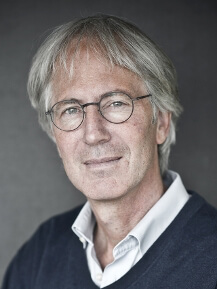
Prof. dr. Frederik R. Rozema
He has been working at ACTA/Amsterdam UMC since 2012, where he supervises researchers on the relatively new topic of ‘Medical dental interactions’, focusing on the relationship between oral health and general health and vice versa. The field of research combines pre-eminently multidisciplinary knowledge. He is also a co-trainer and works as a dental surgeon.
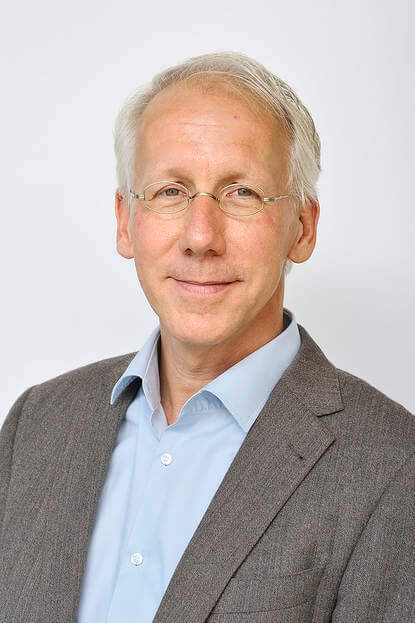
Prof. dr. Henk-Jan Guchelaar
Working at the LUMC since 2003, and since 2008 also a professor at the Leiden Academic Center for Drug Research (LACDR), Faculty of Mathematics and Natural Sciences, he has already assisted many researchers in the subject of ‘Personalized Therapeutics’, in which the inter-individual variability of drug response is investigated. As the founder of the Leiden Network for Personalized Therapeutics, research into Personalized Medicine is further deepened and broadened, with an emphasis on multi-disciplinary expertise and patient-oriented research activities. He is now (co-) author of more than 575 articles in international scientific journals.
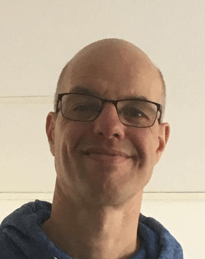
dr. Tahar van der Straaten
His interest in DNA techniques and genetics originated from an internship assignment Gene therapy for Cystic Fibrosis. This internship was part of an analyst training in Eindhoven that was completed in 1992. After that, Tahar worked for nearly 25 years in various departments of LUMC. First as a molecular biological analyst, later as a postdoc at the LUMC pharmacy (with Prof. Henk-Jan Guchelaar) when the opportunity arose to continue his research on infectious diseases as a PhD student. After his PhD in 2004, he designed the new pharmacogenetics research line at the pharmacy in terms of laboratory design. As a lab manager he has contributed to many studies which led to more than 80 publications. The laboratory was set up in such a way that pharmacogenetic determinations for patient care were possible. In recent years, DNA of specific patients was examined routinely for variations in DNA on which medication was based. He left the LUMC in 2017 and started working at the Netherlands Institute for Pharmacogenetic Research (NIFGO). He is also working for Thermo Fischer Scientific as an application scientist for micro-arrays. Micro-arrays are DNA and RNA tests with which up to 1 million variants can be demonstrated. The focus of his job at Thermo Fisher is on training at laboratories where they do research into many genetic variations, both in the Netherlands and abroad. The collaboration with meamedica.com has a special interest because meamedica.com is a platform where patients can share their experiences with medicines to others. By making use of genetic information, a doctor can adjust medication and if the patient benefits from it, the patient can share it via meamedica.com, so that more people can benefit from a DNA passport. His vision is that everyone can lead a healthier life with the knowledge of his/her DNA.
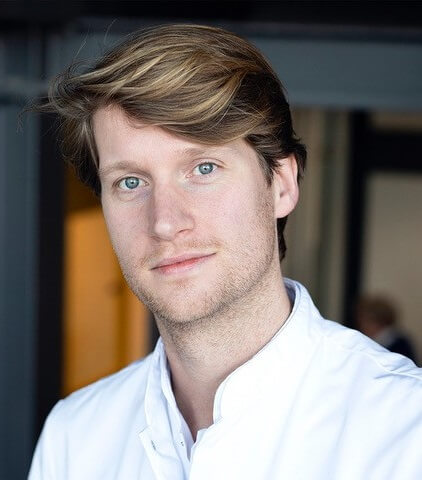
Willem Rademacher
Willem Rademacher is an Oral and Maxillofacial surgeon in training at the Oral and Maxillofacial Surgery department of the Amsterdam University Medical Center (Amsterdam UMC), location AMC. He was a lecturer and PhD candidate in the Oral Medicine department (MTI) at ACTA. Here he provided master’s studies on the influences of medical co-morbidity and medicines on dental health and vice versa. The subject of his doctoral research concerns the safety of drug use and the consequences of these drugs for dental health and treatment. In that context, he stood at the cradle of the Medical Dental Interaction scanner.

Rineke Gordijn
Talking about sexual problems is still often a taboo. Sexologist and urologists Dr. Henk Elzevier and Dr. Melianthe Nicolai have been researching this for years. Not only the patient can find it a difficult subject, but many doctors also don't dare to put the subject of 'sex' on the table. Yet we know that sex life is an important part of a person's quality of life and that illness and medication can influence this. How can we help these people? Which patients are more likely to experience problems with their medication? What can the pharmacist do for them? Pharmacists and researchers Dr. Martina Teichert and Prof. Dr. Henk-Jan Guchelaar and master's student Rineke Gordijn were asked to join the investigation, to help assess the problem and come up with solutions. To do research on such a sensitive subject, the experiences of people who suffer from sexual problems because of their illness or medication are extremely important. Through collaboration with meamedica.com, the research group can learn a lot with the experiences and expectations about the sexual side effects of medication.